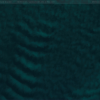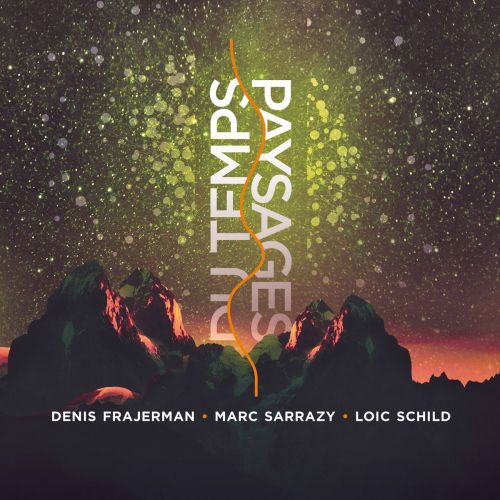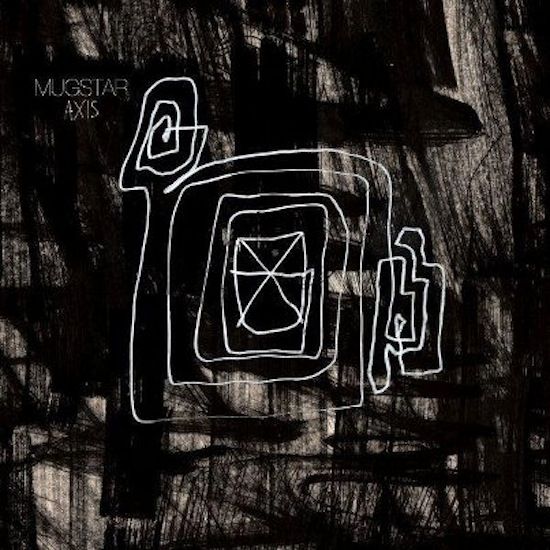Ici d’ailleurs/Mind Travels
Important
 Aidan Baker has made an art of being really, really boring. Having released several thousand albums to date – with almost all of them revolving around a guitar and a couple of pedals – you’d be forgiven for thinking that ‘boring’ was in some way a pointed derision aimed squarely at the man’s omnipotence, his unwavering dedication to a singular minimalist aesthetic, but Baker is far too skilled for that sort of charge — his boredom is acute, exhausting, emotive.
Aidan Baker has made an art of being really, really boring. Having released several thousand albums to date – with almost all of them revolving around a guitar and a couple of pedals – you’d be forgiven for thinking that ‘boring’ was in some way a pointed derision aimed squarely at the man’s omnipotence, his unwavering dedication to a singular minimalist aesthetic, but Baker is far too skilled for that sort of charge — his boredom is acute, exhausting, emotive.
Baker doesn’t simply not do very much — though that is a key gripe of most drone music, often too afraid to commit to the nothingness it courts. Rather, The Sea Swells a Bit, much like its epithet, seems to court action, but pulls back on the cusp of reaching such a thing — in contrast to many of his peers, Baker seems not to be afraid of the nakedness of nothingness, but of the formality of somethingness, and thus operates with outstanding tension, akin to a wire pulled taught between two invisible poles, a coursing, electric boredom. The final track — a live version of the opener — also happen to be the most concise example of the album’s over-riding mood, managing to eschew entirely the post-rock aesthetic of its predecessor for a more ethereal tone.
Without even the drums to add an idea of difference, we are left instead with an extra layer of wailing, FX-laden guitar, pushing the whole thing into a distinctly Eno-esque territory, yet doing so without the smug niceness that seems to often loiter around the ambient genre. The album isn’t perfect — it takes a little time to see beyond the redundancy of the electric guitar/loop pedal/delay pedal triptych from which Baker wrestles his material — and it is not his best album (that’ll be 2011’s Pure Drone, since you asked), but The Sea Swells a Bit is still a fascinating example of what Baker does, and a shining example to the myriad of other rock-band solo-project types with which his work so readily sits. As if we needed undeniable proof of Baker’s omnipotence, he also brings us Triptychs on Important Records. Baker vs Satie should of course be a match made in heaven — that the former would be drawn to the latter’s sparse and measured furniture music seems obvious — and yet Triptychs suffers from a surprising lack of direction and, perhaps, quality control.
As if we needed undeniable proof of Baker’s omnipotence, he also brings us Triptychs on Important Records. Baker vs Satie should of course be a match made in heaven — that the former would be drawn to the latter’s sparse and measured furniture music seems obvious — and yet Triptychs suffers from a surprising lack of direction and, perhaps, quality control.
Rose Bolton’s solo violin fares much better, demonstrating the sort of restraint and rubato that the pieces really need — a highlight of the album, along with Angela Chan’s delicate viola that follows. Baker only appears on three of the tracks, two of which are for the guitar — not, arguably the best instrument to realise Satie’s legacy on (though the first of these is surprisingly beautiful in places), whilst the third is a far more successful melodica outing, managing, by virtue of its instrumentation, to sound at once fragile, forlorn and just a little bit silly.
It’s an intriguing album, taken as a whole, with about half the tracks courting success, whilst the other half fall flat. Baker’s piece for 12-string suffers in particular, as do both of Broderick’s pieces, which have been covered for some unbeknown reason in a layer of delay entirely unsuitable for the material. That said, it’s very nice that albums like this are being made, and it will certainly help to contextualise Baker’s practise for Nadja’s rock-influenced fans who might not be familiar with the adjoining avant-classical narrative.As a parting gift, the album offers a somewhat melancholic variation for piano by Aki Yakamoto which stands as possibly the strongest track on the album. A slow and measured work, Yakamoto plays with a wonderful sense of nuance, stepping between notes with an almost childish grace truly reminiscent of Satie’s style. The whole endeavour is worth it for this piece alone.
-Daniel Alexander Hignell-



